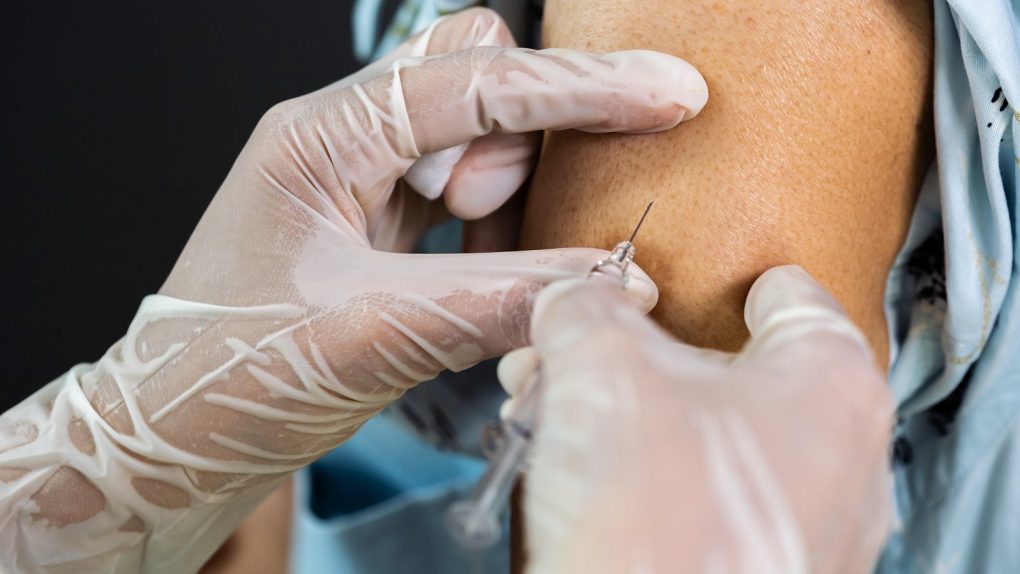- AstraZeneca revealed that its coronavirus vaccine candidate delivers the same immune response in older and younger people and that older people are less likely to experience adverse effects.
- The elderly might benefit the most from the first round of vaccinations, as they’re an at-risk category of people for COVID-19 complications.
- The company did not release a new study about its advanced COVID-19 vaccine candidate.
- The company resumed the US arm of its massive Phase 3 trial after the study was paused in early September.
The novel coronavirus is here to stay, and there’s little hope that the virus can be eradicated. Health experts expect COVID-19 to become endemic, just like the flu, an illness we’ve learned to live with. Living with the novel coronavirus isn’t possible as long as we don’t have vaccines and other drugs to prevent the illness or its severe complications. The first vaccines might be approved as soon as this winter, and the first emergency campaigns might start in some countries by the end of 2020, assuming the frontrunners that will soon complete the Phase 3 trials are safe and effective. Even once a vaccine is approved, the world will still have to adhere to safety measures. Face mask use, social distancing, and frequent hand washing will be advised for at least a year. That’s because vaccines will not be 100% effective.
Also, it’s still unclear how long COVID-19 immunity lasts, and while the signs are good, we’ll have to wait and see what sort of immunity we can expect from vaccines. That said, promising signs about vaccines continue to arrive, with a new announcement bringing good news for the people who need a COVID-19 vaccine the most.
Supply constraints and logistical issues will make it impossible for the entire world to be vaccinated in an accelerated program. That’s why each nation will devise its own vaccination campaigns against COVID-19. Most of these early campaigns will likely target at-risk categories of people, including frontline workers exposed to the illness regularly and older people who risk running into life-threatening COVID-19 complications.
AstraZeneca announced on Monday that its vaccine candidate benefits the latter group. The drug generates a similar immune response in older and younger adults, the company said. On top of that, AstraZeneca said that the adverse responses were lower among the elderly compared to younger volunteers.
“It is encouraging to see immunogenicity responses were similar between older and younger adults and that reactogenicity was lower in older adults, where the COVID-19 disease severity is higher,” a spokesperson told CNBC. “The results further build the body of evidence for the safety and immunogenicity of AZD1222.”
AZD1222 is what AstraZeneca calls the Oxford vaccine that’s currently in widespread testing. It’s unclear when AstraZeneca will release its Phase 3 trial results, and the company only just announced that it will resume the US arm of its study. A safety issue in early September prompted AstraZeneca to pause the trial everywhere, but the company was then cleared to resume it in all markets except for America. The US Food and Drug Administration (FDA) took a longer time to review all the safety data and concluded it was safe to resume the trial.
“Results from the late-stage trials are anticipated later this year, depending on the rate of infection within the communities where the clinical trials are being conducted,” AstraZeneca said in a press release a few days ago. “Data readouts will be submitted to regulators and published in peer-reviewed scientific journals. Rolling reviews of the vaccine program have already begun in countries where this regulatory pathway has been established, providing regulators access to data as soon as they become available.”
The FDA requires all coronavirus vaccine makers to observe volunteers for up to two months after the final shot before starting emergency approval procedures. It’s unclear when AstraZeneca will be able to seek approval in the US or how soon it will be approved in the UK or European Union.








